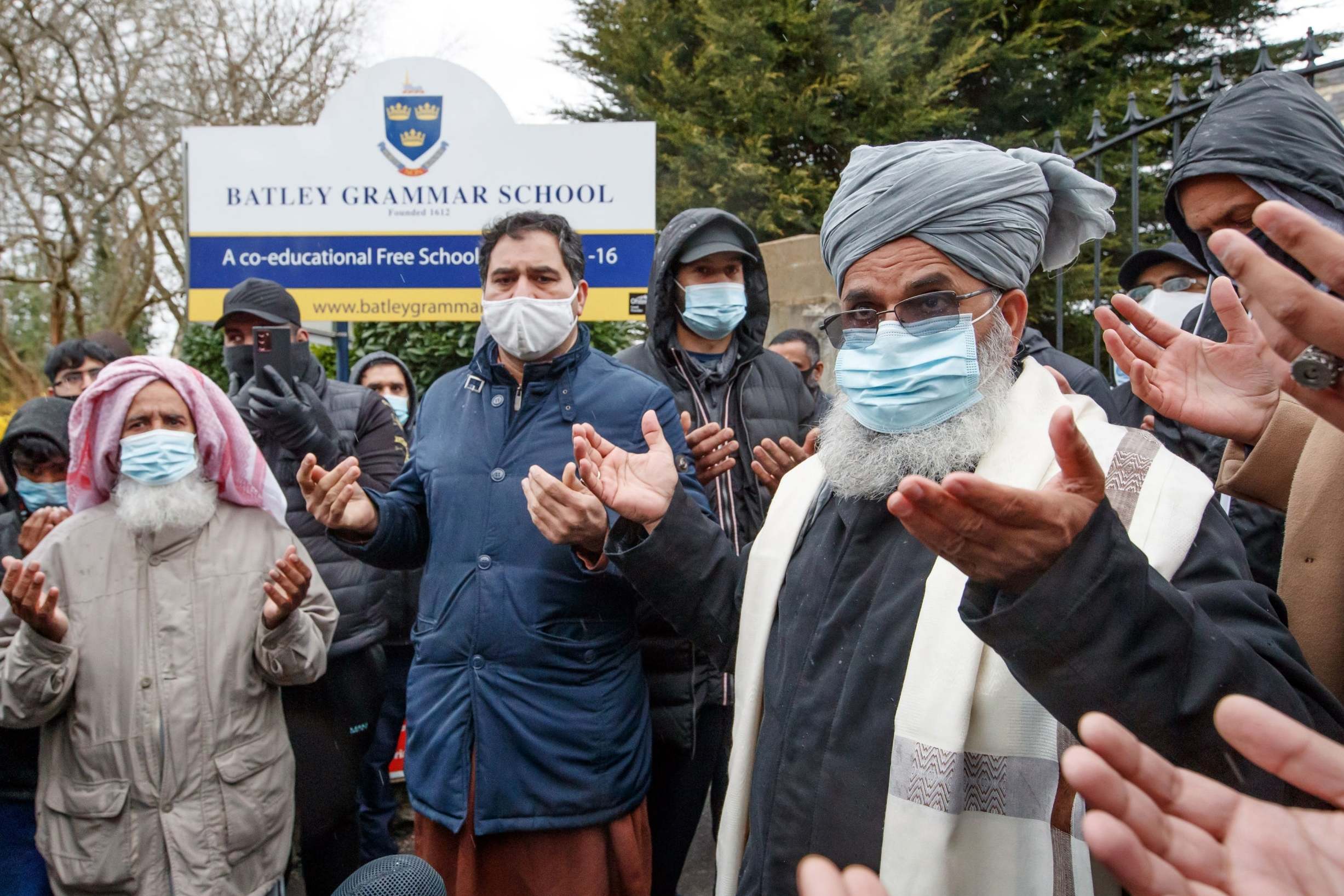Teachers could get protection against blasphemy claims under new laws
The report has been influenced by recent blasphemy cases, which has seen some teachers forced into hiding

Teachers could be given protection from claims of blasphemy under proposals reportedly set out in a new government-commissioned report.
According to The Times, the report will urge the Department for Education (DfE) to issue schools with statutory guidance to protect teachers’ freedom of expression – including that schools should not automatically suspend teachers over blasphemy claims.
It would also prevent schools from publicly identifying teachers involved and, unlike sex education, schools would not be obliged to consult parents, faith or community groups on educational content that might insult religious groups.
It is thought the report has been influenced by recent blasphemy cases in the UK which have seen some teachers being forced into hiding.
The guidance comes after a YouGov survey of more than 1,000 teachers found 16 per cent admitted to having self-censored in order to avoid causing religious offence. The Policy Exchange think tank claimed this had created a “de facto blasphemy code in schools across the country”.
It made reference to the Batley Grammar School incident in March 2021, where a teacher was forced into hiding and received death threats after showing a class a picture of the prophet Muhammad, and said it had “clearly scared the teaching profession”.
The teacher remains in hiding with his partner and four young children and has said he felt “let down” by his school and police after his identity became known.
Some 55 per cent of teachers polled said they would never use an image of the Islamic prophet in class and a further nine per cent cited the Batley incident as the reason they would not do so.
Another incident thought to have informed the report was when parents attempted to stop LGBT+-inclusive education at a school in Birmingham in 2019 on religious grounds.
The report advised that anti-blasphemy activists should still be allowed to protest in a responsible way, but said teachers accused of blasphemy should not be named.
The report by the Government’s adviser on political violence and disruption, Lord Walney, is expected to be published next week with more than 40 recommendations for government and public bodies.
Officials in the Department for Education (DfE) are understood to be already drafting new guidance that could be issued to schools before the next academic year in September.
Lord Walney declined to comment on the report but a government spokesperson said: “Extremism of any kind has no place in our society and we will not tolerate tactics that set out to intimidate, threaten or cause disruption to the law-abiding majority.
“In recent months, we have also witnessed a small number of protesters display violent and hateful behaviour, and the police have our full support in tackling extremism and hate crime.
“We will consider the report’s final recommendations extremely carefully and will respond in due course.”
Subscribe to Independent Premium to bookmark this article
Want to bookmark your favourite articles and stories to read or reference later? Start your Independent Premium subscription today.

Join our commenting forum
Join thought-provoking conversations, follow other Independent readers and see their replies